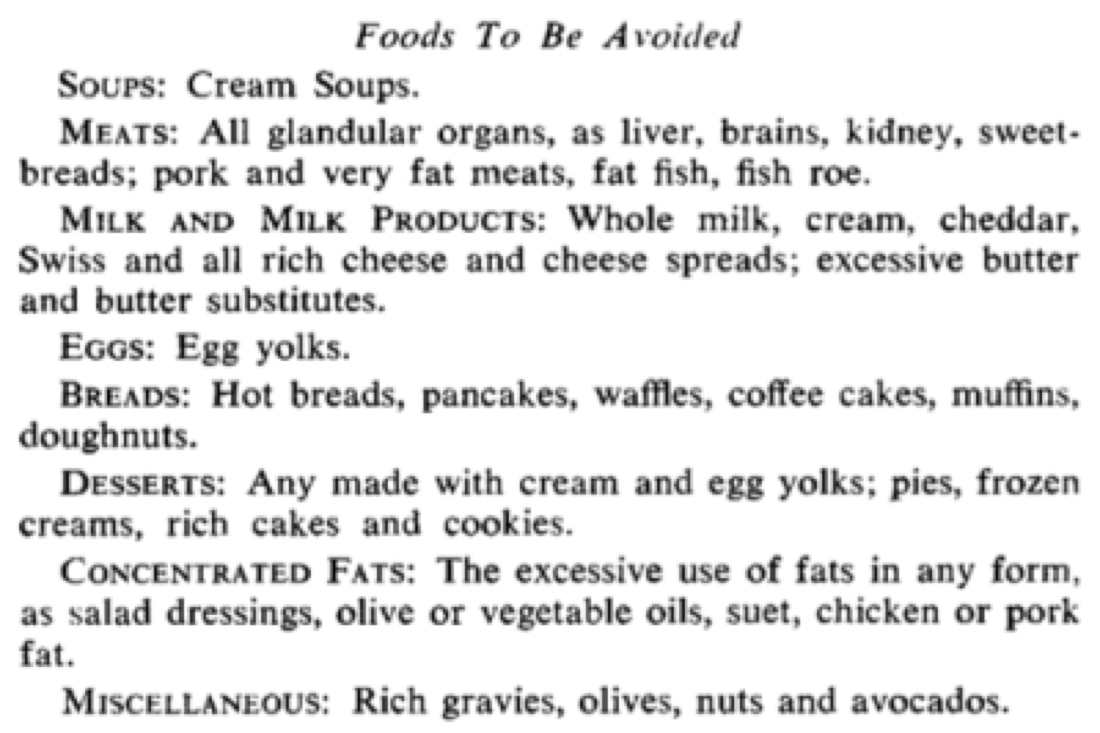Are avocados healthy?
A scenario like this happens several times a week in my preventive cardiology clinic: A 43-year old man has his second heart event and adopts a whole-food, plant-based diet with no added oils. He thrives on the control it gives him over future cardiac disease. He knows of Drs. Ornish and Esselstyn. When he sees me in my office, he turns to me and asks “Doc, I love all of this and am devoted. But, can I have half of an avocado a few times a week — because I read it is off my menu?”
Where did the concept enter the nutrition field, or specifically, the heart disease reversal field, that avocados might not be healthy? Why do the programs that demonstrate the amazing power of plant-based diets to halt and reverse heart disease generally restrict avocadoes?
In a prior article, I wrote about the pioneers of plant-based cardiac nutrition and highlighted Lester Morrison, MD, as an early adopter of diets naturally low in fat. His work beginning in the late 1940s excluded avocados and many other foods as listed below. He was able to demonstrate a dramatic survival advantage for cardiac patients in Los Angeles who followed his dietary protocol that included an Avoca-NO menu. Later, the dramatic breakthrough by Dean Ornish, MD and Caldwell Esselstyn, MD in using lifestyle program of whole food, plant diets without avocado sealed the concept that avocados may carry a risk for cardiac patients.

In early 2017 I was intrigued about the science of avocados and wrote an article about the available data regarding their impact on cholesterol values, metabolic measurements relating to blood sugar and inflammation, and satiety. Overall, that search raised questions about whether avocados carry a risk or benefit to measurements of cardiovascular function.
Avocado Nutrition Facts
Avocados are a fruit and are considered technically berries. They join tomatoes, cucumbers, and pumpkins in being listed as a vegetable but having the biological features of a fruit.
One medium avocado has the following nutritional profile:
Calories: 227
Fat: 21g
Sodium: 11mg
Carbohydrates: 12g
Fiber: 9.2g
Sugars: 0.4g
Protein: 2.7g
Most of the calories in an avocado come from fat. A whole avocado contains about 21 grams of fat, but mostly in the form of healthier monounsaturated fat. A larger fruit (201 grams) provides up to 30 grams of fat, 4.2 grams of saturated fat, almost 20 grams of monounsaturated fat, and 3.6 grams of polyunsaturated fat.

New Scientific Studies Since 2017: Avocados and the Cardiovascular System
1) The highest quality nutrition science is usually considered to be the randomized clinical trial. In a study of 31 obese or overweight middle-aged adults, participants consumed energy-matched breakfast meals containing 0 g (Control), 68 g (Half-A) or 136 g (Whole-A) of fresh Hass avocado on 3 separate occasions. Replacing carbohydrate components of their meals with avocados in a meal improved flow-mediated dilatation, a measure of endothelial function of arteries. The avocado enriched meals also improved glycemic and lipoprotein profiles in overweight/obese adults. The authors concluded that “Incorporating fresh Hass avocados in meals can help people achieve dietary recommendations to eat more fruits and vegetables and simple substitution strategies with avocados for carbohydrates can add to the nutrient diversity of the diet and potentially have important cardio-metabolic benefits worthy of investigating further.”
2) A second RCT this year also examined the impact of one avocado a day on a form of cholesterol that is capable of accelerating atherosclerosis called oxidized LDL (oxLDL). In this study, 45 men and women who were overweight or obese and had elevated LDL cholesterol were enrolled. Three cholesterol-lowering diets were provided for 5 weeks each in random sequences: a lower-fat (LF) diet (24% calories from fat) and 2 moderate-fat (MF) diets (34% calories from fat). One MF meal plan included 1 Hass avocado (∼136 g) per day and the other MF diet used high oleic acid oils to match the fatty acid profile of 1 avocado.
Compared with baseline, the diet with one avocado a day significantly decreased circulating oxLDL which would be anticipated to benefit the vascular system. These changes differed significantly from other diets. The drop in oxLDL caused by the avocado diet was correlated with beneficial reductions in the number of small and dense LDL particles, also anticipated being an important advantage for cardiovascular health. The researchers concluded that one avocado a day in a heart-healthy diet decreased oxLDL in adults with overweight and obesity, and the effect was associated with the reduction in small and dense LDL.

Is There a Place for Avocados In Your Diet?
The data I reviewed in the past and the current two studies lead to the following conclusions:
1) for the general public, a half or whole avocado a day, particularly if replacing refined carbohydrates or animal fats, is a healthy choice.
2) for many cardiac patients in a stable state, enjoying avocados is a reasonable choice
3) for the most advanced cardiac patients reversing serious blocked arteries, particularly if associated with symptoms of anginal chest discomfort and abnormal stress test examinations, sticking to the original dietary protocols of Drs. Morrison, Ornish, and Esselstyn is advised an avoca-NO group.
Dr. Joel Kahn is Professor of Cardiology, Summa cum Laude grad, Kahn Center for Longevity and GreenSpace Cafe. www.drjoelkahn.com @drjkahn. Author, “The Plant Based Solution.”


